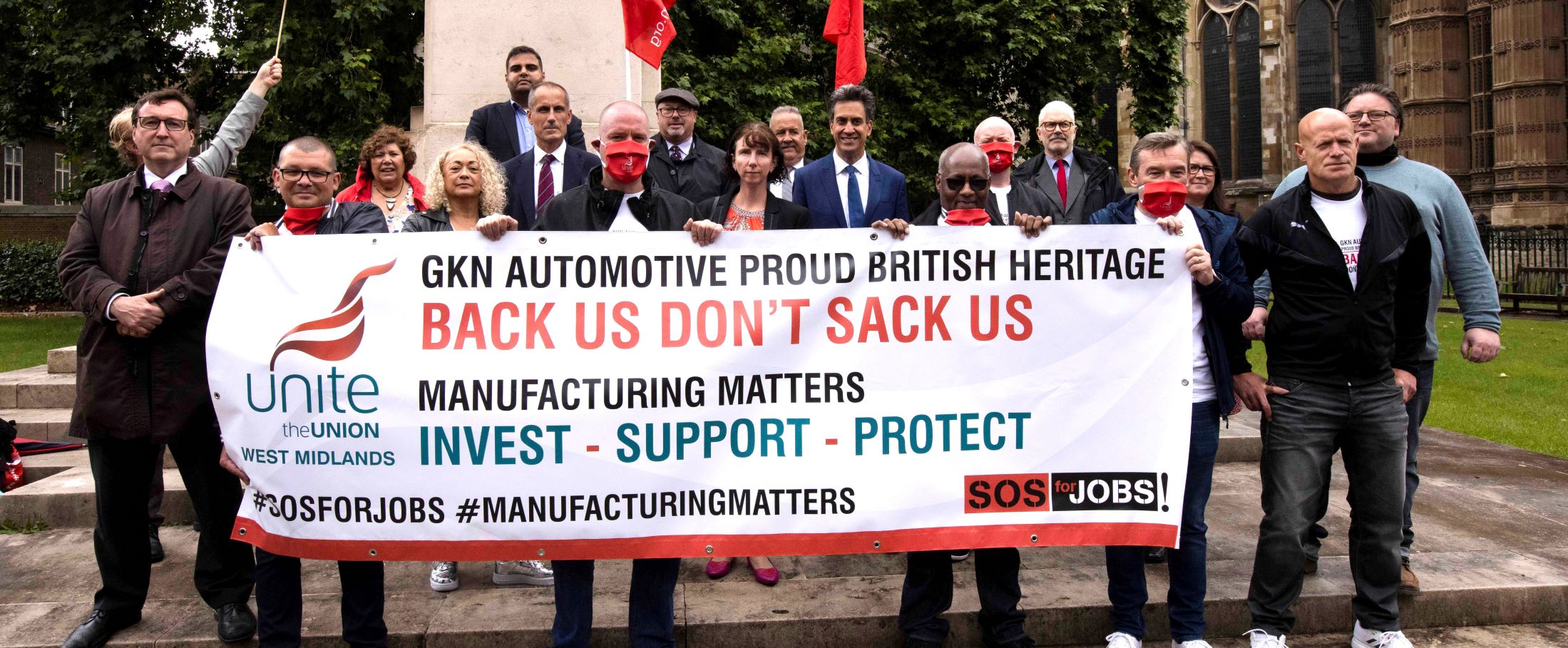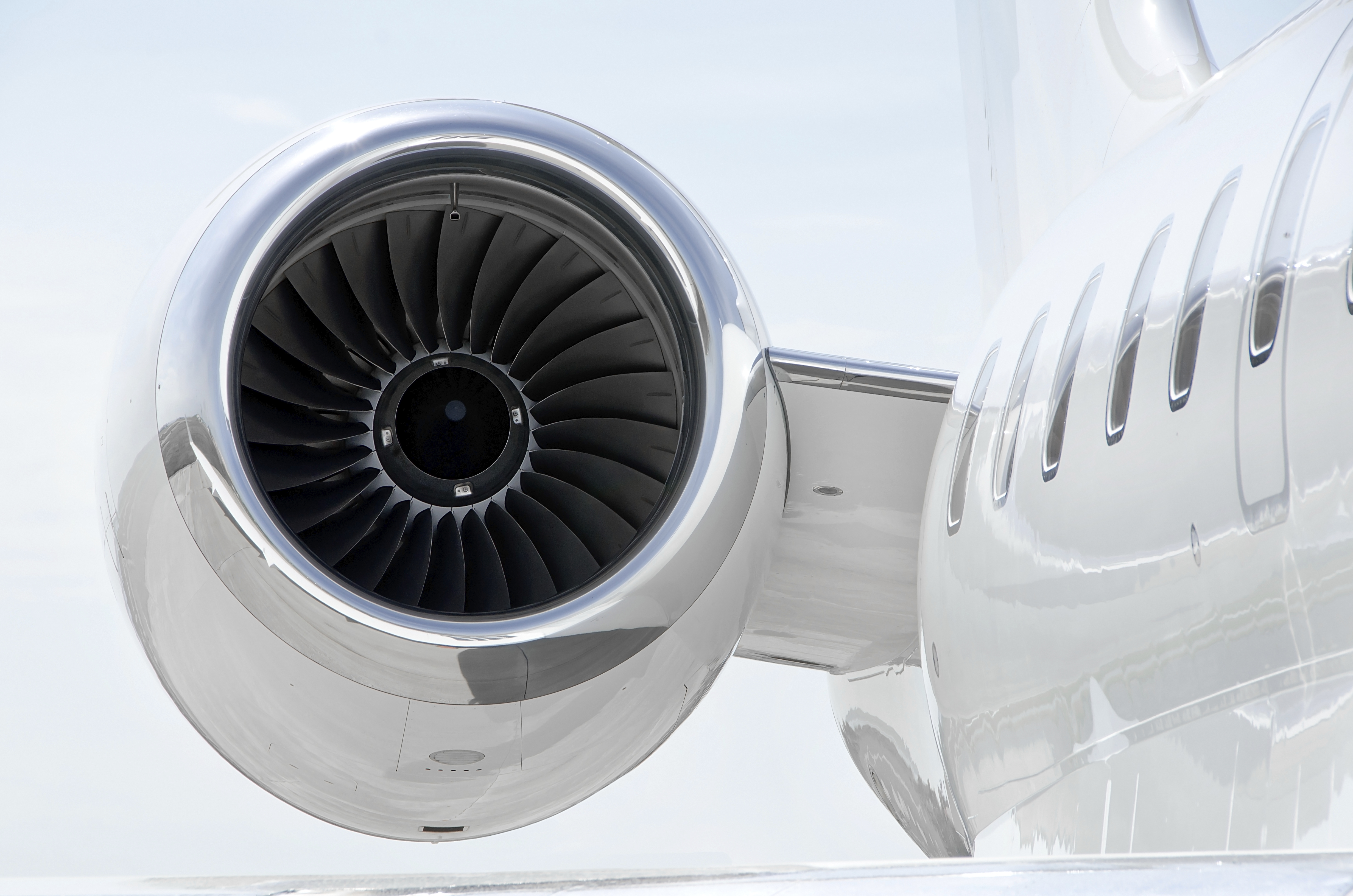‘Sad day’ for Airbus workers
Unite has called for assurances over jobs after aeroplane manufacturer Airbus announced today (February 14) that it would be ending production of its A380 superjumbo passenger jet.
Airbus, which employs about 6,000 people in wing manufacturing and assembly at sites in Broughton, Flintshire and Bristol, said it was discontinuing the A380 because orders had dried up as the airline industry has largely turned away from bigger planes in favour of smaller, more efficient models.
Airbus said its biggest A380 customer Emirates would be reducing its order from 162 to 123 aircraft – as a result it no longer has a backlog of A30 jets and would be ending production from 2021.
About 300 people at Airbus’ Broughton site in North Wales construct the A380 wings, while another 3,000 at the company’s Bristol site design the model’s wings and provide support. Airbus said it is to begin discussions with its partners about the “3,000 to 3,500 positions potentially impacted over the next three years”.
But the firm emphasised that it did not expect any large scale job losses – it noted that there would be a “significant number” of redeployment opportunities with an increase in production of its A320 and more orders from Emirates of its smaller planes.
The A380 has been a popular plane with passengers, Airbus noted, adding that the announcement was “painful for us and the A380 communities worldwide”.
Unite national officer for aerospace Rhys McCarthy said it was a “sad day for Airbus’ dedicated UK workforce who have made the iconic A380’s wings since it entered service in 2007. It is a much loved aircraft manufactured by a highly skilled workforce.
“Unite will be seeking urgent assurances from Airbus that there will be no jobs losses because of the decision to end production of the A380,” he added. “We are of the firm belief that with a full order book in single aisle planes, such as the A320, that our members affected can be redeployed on to other work in Airbus.
“Our members in the supply chain making many of the parts for the A380 are also our key concern. Over the coming days we will be engaging closely with companies such as GKN to ensure any impact is minimal as we offer our full support to some of the best aerospace workers in the world.”
‘Huge blow’ to North Wales
Unite regional Wales secretary Peter Hughes said that in North Wales, ending A380 production would be a â€huge blow’ to members working at the Broughton site.
“It adds further uncertainty for the future economic prosperity of the North Wales economy,” he said. “Combined with the recent announcement of the suspension of Wylfa Newydd, it is now imperative that Government at all levels explore every opportunity to both retain and attract, quality jobs to North Wales. Unite will be working closely with Airbus and Welsh Government to ensure that there are no job losses at Broughton as a result of this decision.”
Like McCarthy, Hughes highlighted the impact of the wider aerospace supply chain associated with A380 production.
“This supply chain is a very important component of the North Wales economy,” he noted. “Employers within it will need extensive government support to ensure that they are able to cope with any loss of business associated with the A380 ramp down.”
Hughes said he was optimistic that there would be “widespread redeployment opportunities for workers directly affected” by today’s announcement.
But he warned that the UK government must “find a way through the current Brexit process and its potentially disastrous impact on Welsh manufacturing.
“The UK Parliament must not allow Brexit to result in circumstances which put further pressure on the business of key employers like Airbus and the thousands of well paid jobs that depend on it,” Hughes added.
Brexit ‘prime suspect’
The latest announcement from Airbus comes as a number of manufacturing firms have announced changes to production in the UK as Brexit uncertainty persists only 43 days before Britain is set to leave the EU after Article 50 is triggered on March 29.
Just yesterday (February 13) it was reported that Ford had told prime minister Theresa May during a telephone call with business leaders that it was preparing alternative sites abroad.
The latest warning from Ford comes just a week after Nissan announced that it would break with plans to produce its new X-Trail model in Sunderland and instead move production to Japan.
The announcements reflect the gloomy picture for manufacturing in the UK, with the ONS saying earlier this week that a fall in car, steel and other manufacturing output, along with a decrease in Christmas high street spending, resulted in a 0.4 per cent decrease in the UK’s gross domestic product (GDP) between November and December.
Institute of Directors senior economist Tej Parikh commented that Brexit was the “prime suspect” behind poor economic performance.
“There is currently a drag on growth as some businesses are forced to hold back on major investments and engage in cautionary stockpiling,” he said.
The latest figures prompted Unite assistant general secretary Steve Turner to say that it would be “an act of economic vandalism that would threaten jobs and leave UK manufacturers competing with both hands tied behind their backs.
“Government ministers need to hear the alarm bells that are ringing throughout the UK’s manufacturing communities and support British industry by taking a no deal Brexit off the table and securing tariff free frictionless trade with Europe.”
 Like
Like Follow
Follow


